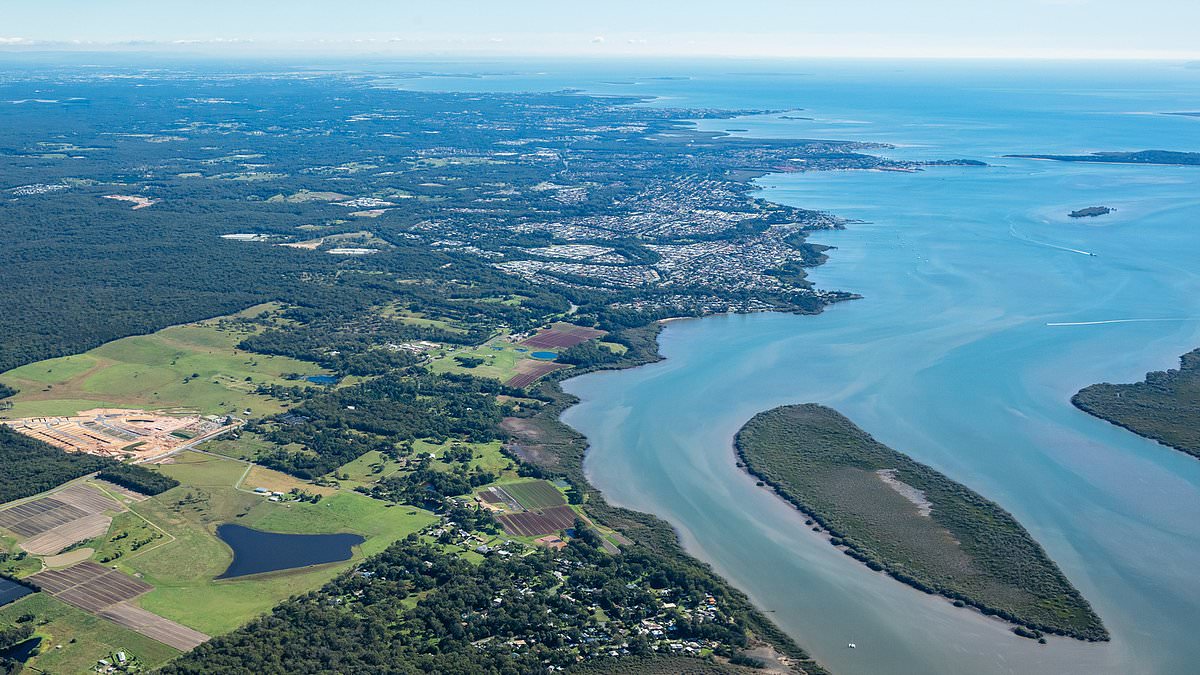Queensland councils have desperately called on the government to provide financial support as they burn through ratepayers’ money dealing with Native Title claims.
Councils in the state are currently responding to 38 Native Title claims, with one contest for sea territory in the Torres Strait having run for 24 years.
Redland City Council is at the forefront of calls for external funding after spending eight years responding to a Native Title claim over much of its coastline.
While Native Titles don’t affect freehold property – including residential houses and businesses – the council expressed confusion about the future of its properties.
About 3,500 properties owned or managed by Redland City Council have been included in the Quandamooka Coast claim area.
The Queensland Government assessed 1,300 of those properties and found 80 could be subject to the title claim, including an animal shelter and cemetery.
However, the council has been left with the task of processing its remaining properties through the Federal Court to determine if they are eligible for Native Title claims.
Typically, exclusion is given when public works – like roads, playgrounds, shelters – were built before December 23, 1996.
Redland City Council did not own some of the contested properties before that date but has built parks, recreation areas, and infrastructure on them.
The ongoing debate over the properties has already cost the council $2million and its legal bill will continue to grow with a four-week hearing scheduled in September.
The council unsuccessfully asked that the extended assessment be covered by the Queensland Government, noting ‘clarity over the history of the lots of land will ensure there are no legacy issues down the track’.
Senator Pauline Hanson earlier this month called for the state government to take the pressure off small councils being hit with Native Title claim bills.
‘While the claimants have their legal costs fully funded by the National Indigenous ns Agency, Queensland councils had their support taken away long ago,’ Hanson said.
‘Queensland councils were acknowledged as among the best in responding to Native Title claims until Labor changed the Native Title Respondent Funding Scheme in 2013 and effectively put the cost burden on local ratepayers.
‘The Albanese government has since abolished the scheme altogether.
‘It’s a burden that few, if any, regional Queensland councils can bear.’
The senator echoed the sentiment of councils around the state, saying the Native Title claims ‘are often very complex and can take years to resolve, resulting in huge legal costs for respondents’.
The Quandamooka Coast claim area includes a small part of Brisbane City, most of mainland Redlands and areas of Lamb Island, Macleay Island, Karragarra Island, Coochiemudlo Island, Cassim Island, Sandy Island, Tindappah Island, Green Island, King Island, St Helena Island and Mud Island.
It is being overseen by the Quandamooka Yoolooburrabee Aboriginal Corporation, which in 2011 was granted Native Title over nearby North Stradbroke Island.
Local Government Association of Queensland chief executive officer Alison Smith told The Courier-Mail she supported calls for funding to be reinstated.
‘Local governments are automatically joined as respondents when a Native Title claim affecting the local government area is lodged in the Federal Court,’ she said.
‘It is critical that the Commonwealth reinstates the Financial Assistance Scheme so local governments are able to access funding to participate in the claim process.’
Local Government Minister Ann Leahy wouldn’t comment on funding for Native Title claims, instead pointing to decreased ‘red tape’.
‘While Labor walked away from supporting councils for a decade, the Crisafulli government is helping reduce red tape and costs to ensure they can deliver for their communities,’ she said.
